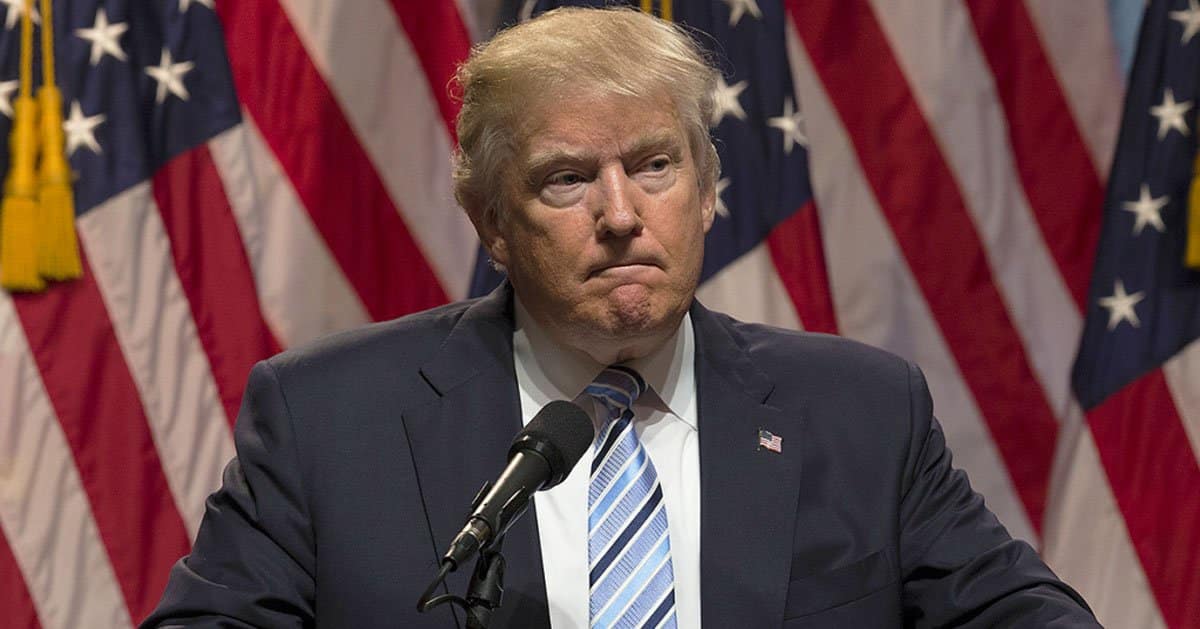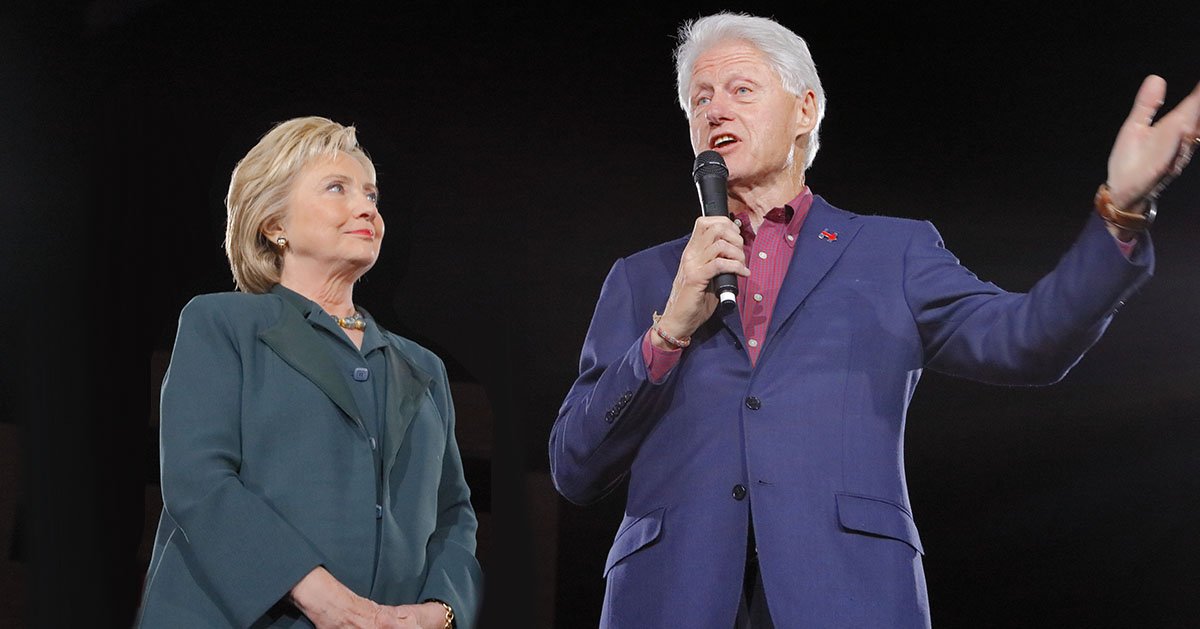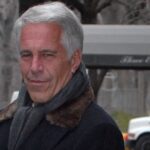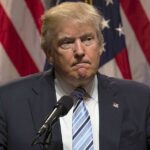








Donald Trump, not yet officially installed in the Oval Office, is already behaving as though he bears the mantle of the presidency, taking actions and making statements that encroach upon President Joe Biden's time in office.
NBC News reported that Trump's proactive stance is changing the traditional expectations of a president-elect, particularly in arenas like foreign diplomacy and economic policies.
The atmosphere on the global stage has seen an unusual twist with foreign leaders actively reaching out to Trump even before he has been officially inaugurated.
Despite the constitutional expectation that the current president serves as the nation's voice, Trump's premature assertions include threatening steep tariffs on North American partners and making demands regarding hostages in Gaza.
Trump's discourse with international leaders has stepped outside typical boundaries for someone yet to assume office. Recently, Trump has announced intended tariffs of 25% on Mexico and Canada, igniting a response from President Biden who urged a reevaluation of such actions.
Additionally, his presence in international matters extended to attending the Notre Dame Cathedral reopening with French President Emmanuel Macron, a move Biden chose not to make.
His activities have not only attracted attention abroad but also at home, overshadowing Biden's own foreign diplomatic visits, such as his time in sub-Saharan Africa.
This overshadowing effect prompted Newt Gingrich to characterize Trump as practically the acting president, while some within the Biden administration find Trump's aggressive stance on Gaza hostage conditions to be somewhat aligned with their objectives.
Domestically, Trump's conduct has been identified as reminiscent of his previous transition period in 2016, underscoring a pattern in his approach to shaking institutional norms and traditions. Sean Spicer remarked on Trump's pattern of dealing with established norms, focusing on results over protocol.
This renegade style is, however, not universally lauded within his party, with a Republican senator expressing concern over Trump's handling of relations with Canadian Prime Minister Justin Trudeau.
Joe Biden, in contrast, has adopted a considerably more reserved public stance since the election, having engaged minimally with the press during his recent trips.
The media-frenzied statements by Trump starkly align against Biden's approach, which has been perceived by some as a less aggressive representation of U.S. intentions.
Such actions by Trump have led to criticisms about the need for the United States to maintain a singular presidential voice, aligning with historical practices espoused by figures like Barbara Perry, a presidential studies professor.
Historically, presidents-elect occasionally take steps to establish influence prior to assuming office, though an aggressive approach can raise questions about diplomatic appropriateness.
Eisenhower and Obama both engaged with foreign and domestic affairs pre-inauguration but did so in ways aligned with maintaining order and respect for existing presidential power.
However, observers have noted Trump's specific focus — selectively handling broad issues such as tariffs and hostages — contrasts with his evasion of other complexities, particularly ongoing Middle East tensions. Such actions hint at a strategy that maximizes visibility and reinforces his future policy agenda.
As Trump prepares to officially assume the presidency, his actions continue to blur traditional lines of power, raising issues of diplomatic precedent and the coherence of America's international stance. While some commend his assertiveness, others question the ramifications of such actions on diplomatic relations and future governance.
Trump’s transition demonstrates a significant departure from norms, igniting debate about the evolving role of a president-elect in an era characterized by rapid information and political shifts.



